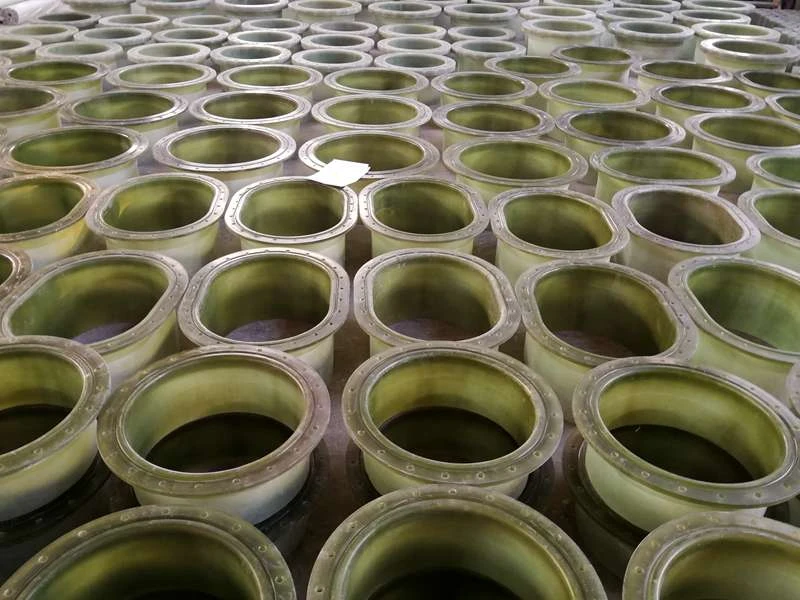
-
 Afrikaans
Afrikaans -
 Albanian
Albanian -
 Amharic
Amharic -
 Arabic
Arabic -
 Armenian
Armenian -
 Azerbaijani
Azerbaijani -
 Basque
Basque -
 Belarusian
Belarusian -
 Bengali
Bengali -
 Bosnian
Bosnian -
 Bulgarian
Bulgarian -
 Catalan
Catalan -
 Cebuano
Cebuano -
 China
China -
 China (Taiwan)
China (Taiwan) -
 Corsican
Corsican -
 Croatian
Croatian -
 Czech
Czech -
 Danish
Danish -
 Dutch
Dutch -
 English
English -
 Esperanto
Esperanto -
 Estonian
Estonian -
 Finnish
Finnish -
 French
French -
 Frisian
Frisian -
 Galician
Galician -
 Georgian
Georgian -
 German
German -
 Greek
Greek -
 Gujarati
Gujarati -
 Haitian Creole
Haitian Creole -
 hausa
hausa -
 hawaiian
hawaiian -
 Hebrew
Hebrew -
 Hindi
Hindi -
 Miao
Miao -
 Hungarian
Hungarian -
 Icelandic
Icelandic -
 igbo
igbo -
 Indonesian
Indonesian -
 irish
irish -
 Italian
Italian -
 Japanese
Japanese -
 Javanese
Javanese -
 Kannada
Kannada -
 kazakh
kazakh -
 Khmer
Khmer -
 Rwandese
Rwandese -
 Korean
Korean -
 Kurdish
Kurdish -
 Kyrgyz
Kyrgyz -
 Lao
Lao -
 Latin
Latin -
 Latvian
Latvian -
 Lithuanian
Lithuanian -
 Luxembourgish
Luxembourgish -
 Macedonian
Macedonian -
 Malgashi
Malgashi -
 Malay
Malay -
 Malayalam
Malayalam -
 Maltese
Maltese -
 Maori
Maori -
 Marathi
Marathi -
 Mongolian
Mongolian -
 Myanmar
Myanmar -
 Nepali
Nepali -
 Norwegian
Norwegian -
 Norwegian
Norwegian -
 Occitan
Occitan -
 Pashto
Pashto -
 Persian
Persian -
 Polish
Polish -
 Portuguese
Portuguese -
 Punjabi
Punjabi -
 Romanian
Romanian -
 Russian
Russian -
 Samoan
Samoan -
 Scottish Gaelic
Scottish Gaelic -
 Serbian
Serbian -
 Sesotho
Sesotho -
 Shona
Shona -
 Sindhi
Sindhi -
 Sinhala
Sinhala -
 Slovak
Slovak -
 Slovenian
Slovenian -
 Somali
Somali -
 Spanish
Spanish -
 Sundanese
Sundanese -
 Swahili
Swahili -
 Swedish
Swedish -
 Tagalog
Tagalog -
 Tajik
Tajik -
 Tamil
Tamil -
 Tatar
Tatar -
 Telugu
Telugu -
 Thai
Thai -
 Turkish
Turkish -
 Turkmen
Turkmen -
 Ukrainian
Ukrainian -
 Urdu
Urdu -
 Uighur
Uighur -
 Uzbek
Uzbek -
 Vietnamese
Vietnamese -
 Welsh
Welsh -
 Bantu
Bantu -
 Yiddish
Yiddish -
 Yoruba
Yoruba -
 Zulu
Zulu
frp chemical product
Understanding FRP Chemical Products
Fiber Reinforced Polymer (FRP) chemicals represent a significant advancement in material science, combining the lightweight characteristics of polymers with the strength and durability of fibers. This unique marriage of materials has made FRP chemical products increasingly popular in various industries, including construction, automotive, aerospace, and marine applications.
Understanding FRP Chemical Products
One of the key benefits of FRP chemical products is their resistance to corrosion, which makes them ideal for harsh environments where traditional materials would degrade over time. For instance, FRP is often used in the construction of bridges and outdoor structures, where exposure to moisture and chemicals can lead to significant deterioration of metal materials. The non-corrosive nature of FRP extends the lifespan of these structures, ultimately resulting in lower maintenance costs and improved safety.
frp chemical product

Additionally, FRP chemical products exhibit excellent thermal and electrical insulating properties. This makes them suitable for various electrical applications, where preventing heat and electricity transfer is crucial. In the automotive sector, FRP components contribute to weight reduction, thereby enhancing fuel efficiency without compromising structural integrity.
Manufacturing FRP products involves a variety of processes, including hand lay-up, filament winding, and resin transfer molding. Each method offers distinct advantages, depending on the application's complexity and the required properties of the material. The versatility of FRP allows engineers and designers to craft tailored solutions that meet specific performance criteria while maintaining an optimal cost-performance ratio.
As sustainability becomes increasingly important, the development of bio-based resins and recyclable FRP products is gaining momentum. Innovations in this area aim to reduce the environmental impact of manufacturing while still providing the outstanding mechanical properties associated with traditional FRP. Such advancements align with global efforts towards greener production practices and more sustainable materials.
In conclusion, FRP chemical products have transformed the way we approach engineering and construction challenges. Their unique properties, combined with the potential for innovation in sustainable practices, make them a vital component in the future of material science. As industries continue to explore the possibilities offered by FRP, the demand for these versatile materials will likely grow, propelling further advancements and applications.









